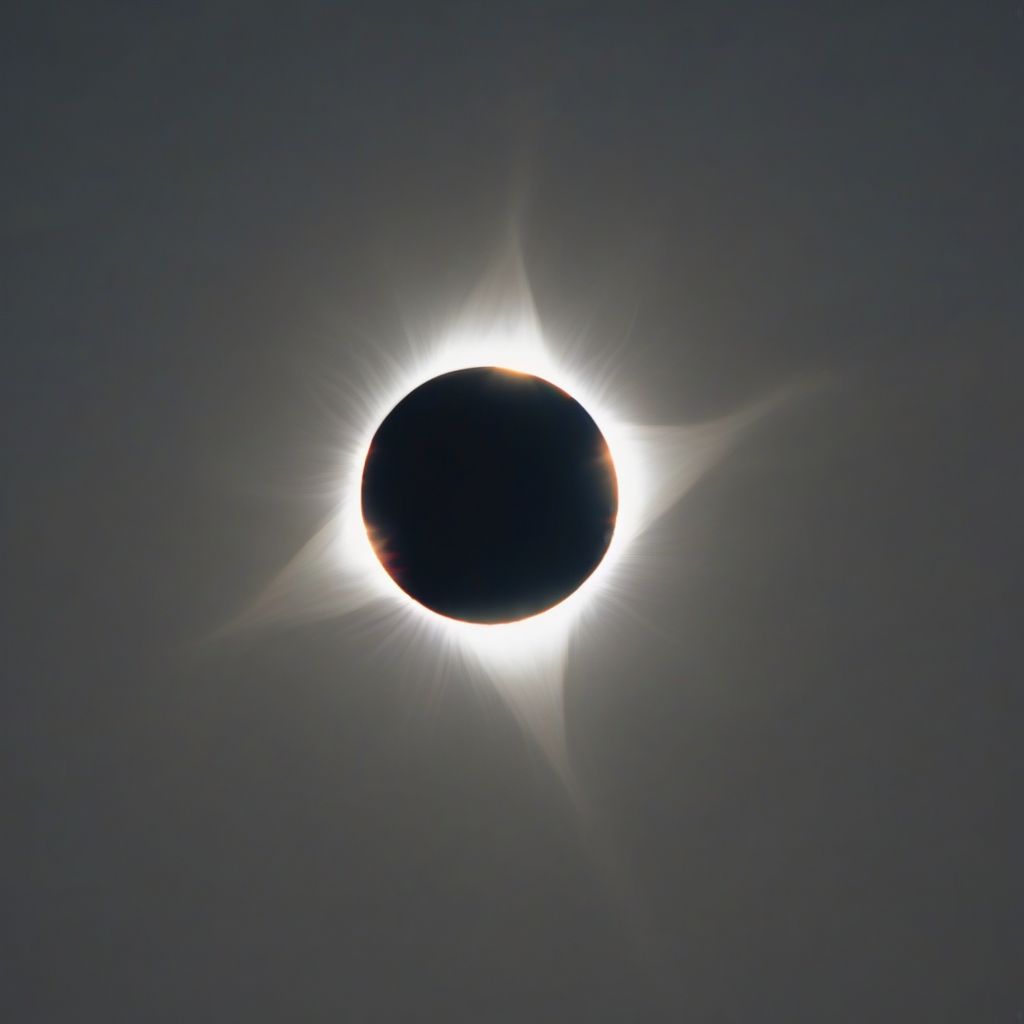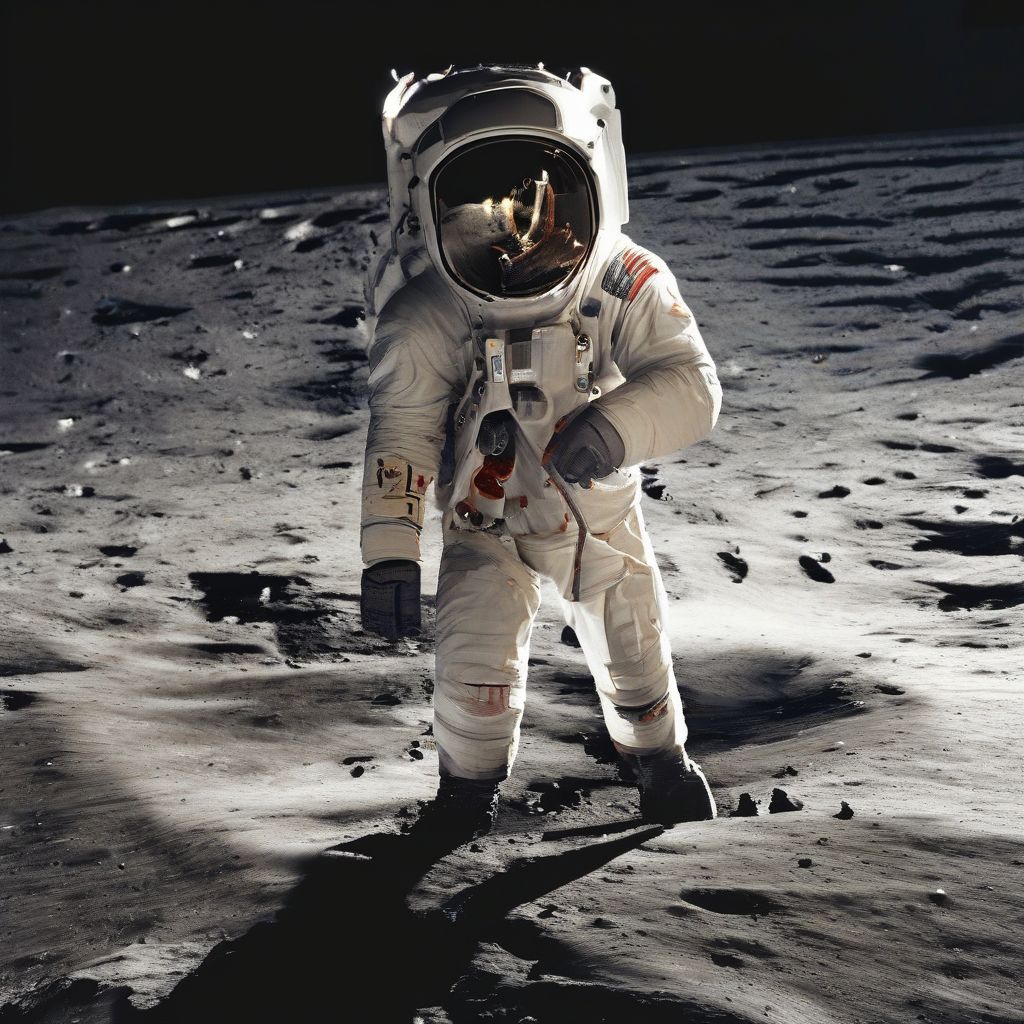Have you ever gazed up at the night sky and felt a sense of wonder, a connection to something far greater than yourself? Humans have been doing this for millennia, finding meaning and significance in the celestial tapestry above. These celestial events, from eclipses to comets, haven’t just inspired awe; they’ve shaped our understanding of the universe and our place within it.
From Fear to Understanding: Eclipses Through the Ages
Few celestial events inspire such awe and, historically, terror, as eclipses. Imagine being an ancient civilization, witnessing the sun vanish in the middle of the day, plunging the world into an eerie twilight. It’s no wonder that eclipses were often interpreted as omens, signs of impending doom, or the wrath of the gods.
Yet, with knowledge came understanding. Ancient civilizations, from the Babylonians to the Mayans, meticulously tracked celestial movements, becoming adept at predicting eclipses. These predictions weren’t just about avoiding bad omens; they solidified the power of observation and reason, paving the way for the development of astronomy as a science.
 Total Solar Eclipse
Total Solar Eclipse
Comets: Harbingers of Change and Cosmic Messengers
Comets, with their blazing tails streaking across the sky, have always captivated the human imagination. Often viewed as omens, they were associated with both good and bad fortune, signaling the death of kings, the outcome of battles, or even the fall of empires.
However, beyond superstition, comets also played a crucial role in scientific advancement. The study of their unpredictable paths challenged the prevailing geocentric model of the universe, ultimately contributing to the acceptance of a heliocentric model with the sun at the center.
The Dance of the Planets and the Birth of Astrology
The night sky isn’t static; it’s a stage for the celestial ballet of planets. Ancient civilizations observed that while most stars remained fixed, some wandered across the heavens. These “wandering stars,” the planets in our solar system, became associated with gods and their mythical powers, giving birth to astrology.
While astrology is no longer considered a science, its influence on human history is undeniable. From influencing planting cycles in agriculture to guiding the decisions of emperors, the perceived influence of the planets on human affairs has left a profound mark on our collective consciousness.
Celestial Navigation: Guiding Explorers Across the Seas
For millennia, the stars have served as a celestial compass, guiding explorers and travelers across vast oceans and uncharted territories. Polynesian navigators, renowned for their seafaring prowess, traversed the Pacific Ocean using their knowledge of star positions, wave patterns, and bird flight.
The invention of the astrolabe, an instrument that allowed sailors to determine their latitude using the position of the sun and stars, revolutionized navigation. This celestial tool facilitated exploration, trade, and cultural exchange, shaping the course of history.
The Modern Era: From Stargazing to Space Exploration
Today, our fascination with the cosmos has reached unprecedented heights. Powerful telescopes allow us to peer deep into the universe, unraveling its mysteries and pushing the boundaries of human knowledge. We’ve sent probes to distant planets, rovers to explore the surface of Mars, and astronauts to walk on the moon, turning the dreams of generations past into reality.
 Astronaut on the Moon
Astronaut on the Moon
[amazon bestseller=”telescope”]
Conclusion: The Enduring Allure of the Cosmos
From ancient skywatchers to modern astronomers, our fascination with celestial events reflects a deep-seated desire to understand our place in the universe. While our interpretations may have evolved from superstition to scientific inquiry, the awe and wonder remain.
As we continue to explore the cosmos, we can draw inspiration from the celestial events that have shaped our history, reminding us of the power of observation, the importance of seeking knowledge, and the interconnectedness of all things. So, the next time you find yourself under a starry sky, take a moment to appreciate the celestial wonders above and their profound influence on humanity.
What celestial events have captivated your imagination? Share your thoughts and stories in the comments below!
